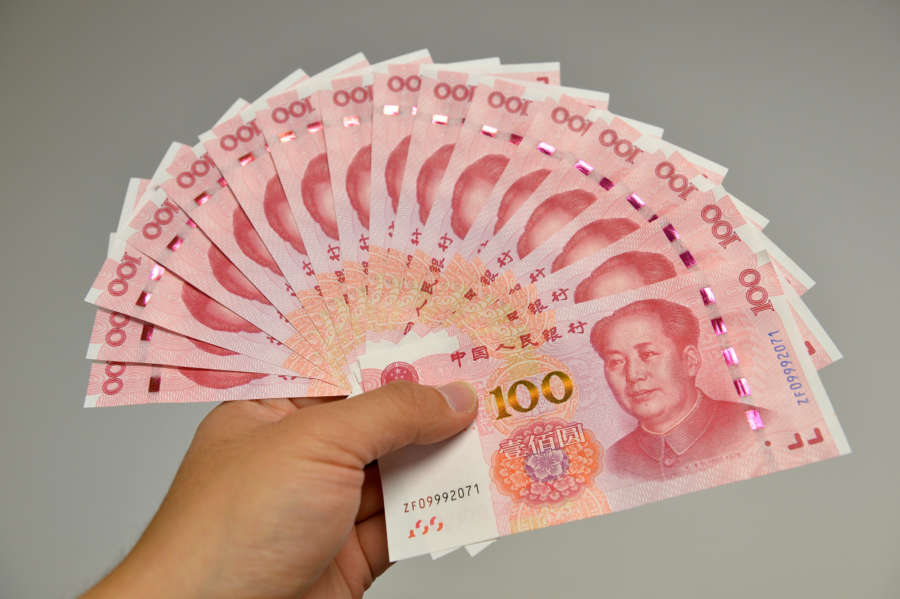According to the survey conducted by the American Chamber of Commerce in China last fall, 66 per cent of member respondents cited rising tensions in bilateral relations as a business challenge in China…reports Asian Lite News
China, for the first time, has seen more outflows of foreign direct investment than inflows as tensions rise with the US over semiconductor technology and concerns about a rise in anti-spying activity heighten risks, Nikkei Asia reported.
The State Administration of Foreign Exchange released the figures in balance-of-payments data for the July-September quarter on Friday. FDI reached minus USD 11.8 billion, with more withdrawals and downsizing than new investments for factory building and other purposes. It is the first time that a negative figure has been marked in data since 1998, according to Nikkei Asia report.
Foreign investment had remained sluggish after it witnessed a sharp fall in the April-June quarter of 2022, when the Chinese economy was in turmoil due to the zero-COVID lockdown in Shanghai, Nikkei Asia reported.
Earlier in September, the Japanese Chamber of Commerce and Industry in China, in its survey of member companies, found that nearly half of respondents said they would not invest in China at all in 2023 or invest less than in 2022.
According to the survey conducted by the American Chamber of Commerce in China last fall, 66 per cent of member respondents cited rising tensions in bilateral relations as a business challenge in China.
Earlier in August, the US announced stricter restrictions on chip and artificial intelligence investment in China. Although the US has been coordinating with China ahead of the meeting between US President Joe Biden and his Chinese counterpart Xi Jinping in November, the US remains committed to technology restrictions.
According to US research firm Rhodium Group, China’s share has already been reduced from 48 per cent in 2018 to 1 per cent in 2022. In contrast, the US share witnessed a rise from zero to 37 per cent. Meanwhile, the combined share of India, Singapore and Malaysia increased from 10 per cent to 38 per cent.
While Chinese firms have been improving their competitiveness, some foreign companies are opting to leave China. Earlier in October, Mitsubishi Motors announced that it would withdraw from production in China, according to Nikkei Asia report.
Yusuke Miura, a senior researcher at the NLI Research Institute, said, “Foreign companies are becoming increasingly concerned about authorities’ emphasis on security, and it is unlikely that their cautious stance towards China will change quickly,” Nikkei Asia reported.
China is making efforts to make its own chip supply chain in anticipation of prolonged tensions with the US. However, the procurement of necessary equipment and parts from foreign nations has been slow. If the pace of technological innovation and productivity growth witnesses a slow pace, it could put downward pressure on the economic growth of China. (ANI)
ALSO READ-












